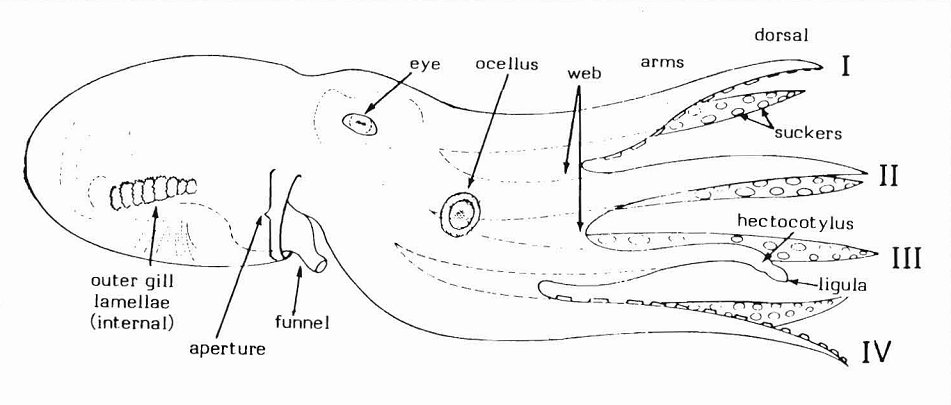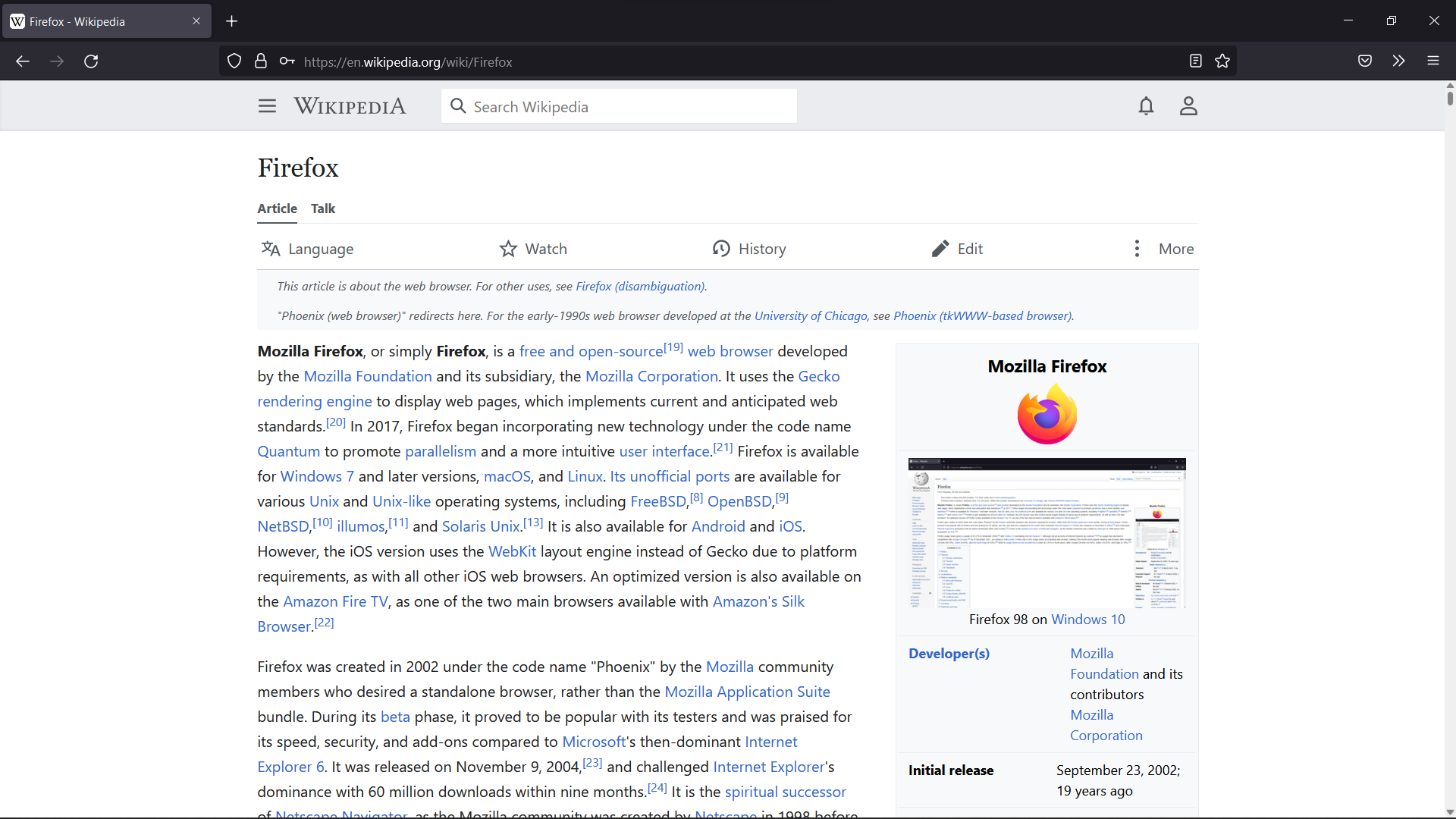|
Plural Form Of Words Ending In -us
In English, the plural form of words ending in ''-us'', especially those derived from Latin, often replaces ''-us'' with ''-i''. There are many exceptions, some because the word does not derive from Latin, and others due to custom (''e.g.'', ''campus'', plural ''campuses''). Conversely, some non-Latin words ending in ''-us'' and Latin words that did not have their Latin plurals with ''-i'' form their English plurals with ''-i''. Some words' plurals end in ''-i'' even though they are not Latin, or that is not the Latin plural, ''e.g.'', ''octopi'' is sometimes used as a plural for octopus (the standard English plural is octopuses). Prescriptivists consider these forms incorrect, but descriptivists may simply describe them as a natural evolution of language. Some English words of Latin origin do not commonly take the Latin plural, but rather the regular English plurals in -(e)s: ''campus'', ''bonus'', and ''anus''; while others regularly use the Latin forms: ''radius'' (''radii'') ... [...More Info...] [...Related Items...] OR: [Wikipedia] [Google] [Baidu] |
English Language
English is a West Germanic language of the Indo-European language family, with its earliest forms spoken by the inhabitants of early medieval England. It is named after the Angles, one of the ancient Germanic peoples that migrated to the island of Great Britain. Existing on a dialect continuum with Scots, and then closest related to the Low Saxon and Frisian languages, English is genealogically West Germanic. However, its vocabulary is also distinctively influenced by dialects of France (about 29% of Modern English words) and Latin (also about 29%), plus some grammar and a small amount of core vocabulary influenced by Old Norse (a North Germanic language). Speakers of English are called Anglophones. The earliest forms of English, collectively known as Old English, evolved from a group of West Germanic (Ingvaeonic) dialects brought to Great Britain by Anglo-Saxon settlers in the 5th century and further mutated by Norse-speaking Viking settlers starting in the 8th and 9th ... [...More Info...] [...Related Items...] OR: [Wikipedia] [Google] [Baidu] |
Vowel Length
In linguistics, vowel length is the perceived length of a vowel sound: the corresponding physical measurement is duration. In some languages vowel length is an important phonemic factor, meaning vowel length can change the meaning of the word, for example in: Arabic, Estonian, Finnish, Fijian, Kannada, Malayalam, Japanese, Latin, Old English, Scottish Gaelic, and Vietnamese. While vowel length alone does not change word meaning in most dialects of English, it is said to do so in a few dialects, such as Australian English, Lunenburg English, New Zealand English, and South African English. It also plays a lesser phonetic role in Cantonese, unlike in other varieties of Chinese. Many languages do not distinguish vowel length phonemically, meaning that vowel length does not change meaning, and the length of a vowel is conditioned by other factors such as the phonetic characteristics of the sounds around it, for instance whether the vowel is followed by a voiced or a voiceless conso ... [...More Info...] [...Related Items...] OR: [Wikipedia] [Google] [Baidu] |
Octopuses
An octopus ( : octopuses or octopodes, see below for variants) is a soft-bodied, eight- limbed mollusc of the order Octopoda (, ). The order consists of some 300 species and is grouped within the class Cephalopoda with squids, cuttlefish, and nautiloids. Like other cephalopods, an octopus is bilaterally symmetric with two eyes and a beaked mouth at the center point of the eight limbs. The soft body can radically alter its shape, enabling octopuses to squeeze through small gaps. They trail their eight appendages behind them as they swim. The siphon is used both for respiration and for locomotion, by expelling a jet of water. Octopuses have a complex nervous system and excellent sight, and are among the most intelligent and behaviourally diverse of all invertebrates. Octopuses inhabit various regions of the ocean, including coral reefs, pelagic waters, and the seabed; some live in the intertidal zone and others at abyssal depths. Most species grow quickly, mature early, a ... [...More Info...] [...Related Items...] OR: [Wikipedia] [Google] [Baidu] |
Octopus
An octopus ( : octopuses or octopodes, see below for variants) is a soft-bodied, eight- limbed mollusc of the order Octopoda (, ). The order consists of some 300 species and is grouped within the class Cephalopoda with squids, cuttlefish, and nautiloids. Like other cephalopods, an octopus is bilaterally symmetric with two eyes and a beaked mouth at the center point of the eight limbs. The soft body can radically alter its shape, enabling octopuses to squeeze through small gaps. They trail their eight appendages behind them as they swim. The siphon is used both for respiration and for locomotion, by expelling a jet of water. Octopuses have a complex nervous system and excellent sight, and are among the most intelligent and behaviourally diverse of all invertebrates. Octopuses inhabit various regions of the ocean, including coral reefs, pelagic waters, and the seabed; some live in the intertidal zone and others at abyssal depths. Most species grow quickly, mature ea ... [...More Info...] [...Related Items...] OR: [Wikipedia] [Google] [Baidu] |
Virion
A virus is a submicroscopic infectious agent that replicates only inside the living cells of an organism. Viruses infect all life forms, from animals and plants to microorganisms, including bacteria and archaea. Since Dmitri Ivanovsky's 1892 article describing a non-bacterial pathogen infecting tobacco plants and the discovery of the tobacco mosaic virus by Martinus Beijerinck in 1898,Dimmock p. 4 more than 9,000 virus species have been described in detail of the millions of types of viruses in the environment. Viruses are found in almost every ecosystem on Earth and are the most numerous type of biological entity. The study of viruses is known as virology, a subspeciality of microbiology. When infected, a host cell is often forced to rapidly produce thousands of copies of the original virus. When not inside an infected cell or in the process of infecting a cell, viruses exist in the form of independent particles, or ''virions'', consisting of (i) the genetic material, i.e ... [...More Info...] [...Related Items...] OR: [Wikipedia] [Google] [Baidu] |
Hypercorrection
In sociolinguistics, hypercorrection is non-standard use of language that results from the over-application of a perceived rule of language-usage prescription. A speaker or writer who produces a hypercorrection generally believes through a misunderstanding of such rules that the form is more "correct", standard, or otherwise preferable, often combined with a desire to appear formal or educated. Linguistic hypercorrection occurs when a real or imagined grammatical rule is applied in an inappropriate context, so that an attempt to be "correct" leads to an incorrect result. It does not occur when a speaker follows "a natural speech instinct", according to Otto Jespersen and Robert J. Menner. Hypercorrection can be found among speakers of less prestigious language varieties who attempt to produce forms associated with high-prestige varieties, even in situations where speakers of those varieties would not. Some commentators call such production ''hyperurbanism''. Hypercorrection ... [...More Info...] [...Related Items...] OR: [Wikipedia] [Google] [Baidu] |
Perl
Perl is a family of two high-level, general-purpose, interpreted, dynamic programming languages. "Perl" refers to Perl 5, but from 2000 to 2019 it also referred to its redesigned "sister language", Perl 6, before the latter's name was officially changed to Raku in October 2019. Though Perl is not officially an acronym, there are various backronyms in use, including "Practical Extraction and Reporting Language". Perl was developed by Larry Wall in 1987 as a general-purpose Unix scripting language to make report processing easier. Since then, it has undergone many changes and revisions. Raku, which began as a redesign of Perl 5 in 2000, eventually evolved into a separate language. Both languages continue to be developed independently by different development teams and liberally borrow ideas from each other. The Perl languages borrow features from other programming languages including C, sh, AWK, and sed; They provide text processing facilities without the arbitrary data-le ... [...More Info...] [...Related Items...] OR: [Wikipedia] [Google] [Baidu] |
Mozilla Firefox
Mozilla Firefox, or simply Firefox, is a free and open-source web browser developed by the Mozilla Foundation and its subsidiary, the Mozilla Corporation. It uses the Gecko rendering engine to display web pages, which implements current and anticipated web standards. In November 2017, Firefox began incorporating new technology under the code name "Quantum" to promote parallelism and a more intuitive user interface. Firefox is available for Windows 7 and later versions, macOS, and Linux. Its unofficial ports are available for various Unix and Unix-like operating systems, including FreeBSD, OpenBSD, NetBSD, illumos, and Solaris Unix. It is also available for Android and iOS. However, as with all other iOS web browsers, the iOS version uses the WebKit layout engine instead of Gecko due to platform requirements. An optimized version is also available on the Amazon Fire TV as one of the two main browsers available with Amazon's Silk Browser. Firefox was created in 2002 under t ... [...More Info...] [...Related Items...] OR: [Wikipedia] [Google] [Baidu] |
Proto-Indo-European Nominals
Proto-Indo-European nominals include nouns, adjectives, and pronouns. Their grammatical forms and meanings have been reconstructed by modern linguists, based on similarities found across all Indo-European languages. This article discusses nouns and adjectives; Proto-Indo-European pronouns are treated elsewhere. The Proto-Indo-European language (PIE) had eight or nine cases, three numbers (singular, dual and plural) and probably originally two genders (animate and neuter), with the animate later splitting into the masculine and the feminine. Nominals fell into multiple different declensions. Most of them had word stems ending in a consonant (called athematic stems) and exhibited a complex pattern of accent shifts and/or vowel changes (ablaut) among the different cases. Two declensions ended in a vowel (The asterisk (*) indicates that the form is not directly attested but has been reconstructed on the basis of other linguistic material.) and are called ''thematic''; they were ... [...More Info...] [...Related Items...] OR: [Wikipedia] [Google] [Baidu] |
Genitive
In grammar, the genitive case (abbreviated ) is the grammatical case that marks a word, usually a noun, as modifying another word, also usually a noun—thus indicating an attributive relationship of one noun to the other noun. A genitive can also serve purposes indicating other relationships. For example, some verbs may feature arguments in the genitive case; and the genitive case may also have adverbial uses (see adverbial genitive). Genitive construction includes the genitive case, but is a broader category. Placing a modifying noun in the genitive case is one way of indicating that it is related to a head noun, in a genitive construction. However, there are other ways to indicate a genitive construction. For example, many Afroasiatic languages place the head noun (rather than the modifying noun) in the construct state. Possessive grammatical constructions, including the possessive case, may be regarded as a subset of genitive construction. For example, the genitive construc ... [...More Info...] [...Related Items...] OR: [Wikipedia] [Google] [Baidu] |
Accusative
The accusative case (abbreviated ) of a noun is the grammatical case used to mark the direct object of a transitive verb. In the English language, the only words that occur in the accusative case are pronouns: 'me,' 'him,' 'her,' 'us,' and ‘them’. The spelling of those words will change depending on how they are used in a sentence. For example, the pronoun ''they'', as the subject of a sentence, is in the nominative case ("They wrote a book"); but if the pronoun is instead the object, it is in the accusative case and ''they'' becomes ''them'' ("The book was written by them"). The accusative case is used in many languages for the objects of (some or all) prepositions. It is usually combined with the nominative case (for example in Latin). The English term, "accusative", derives from the Latin , which, in turn, is a translation of the Greek . The word may also mean "causative", and this may have been the Greeks' intention in this name, but the sense of the Roman translation has ... [...More Info...] [...Related Items...] OR: [Wikipedia] [Google] [Baidu] |
Vocative
In grammar, the vocative Grammatical case, case (list of glossing abbreviations, abbreviated ) is a grammatical case which is used for a noun that identifies a person (animal, object, etc.) being addressed, or occasionally for the noun modifiers (determiners, adjectives, participles, and numeral (linguistics), numerals) of that noun; the comma that should be applied in such a context is referred to as a vocative comma. The usage of vocative case in the English language (and many others where commas are used) necessitates a comma to help clarify the writer's intent; failure to strictly adhere to this rule can lead to confusion over the writer's intent. A vocative expression is an expression of direct address by which the identity of the party spoken to is set forth expressly within a sentence. For example, in the sentence "I don't know, John," ''John'' is a vocative expression that indicates the party being addressed, as opposed to the sentence "I don't know John" in which "John" i ... [...More Info...] [...Related Items...] OR: [Wikipedia] [Google] [Baidu] |




